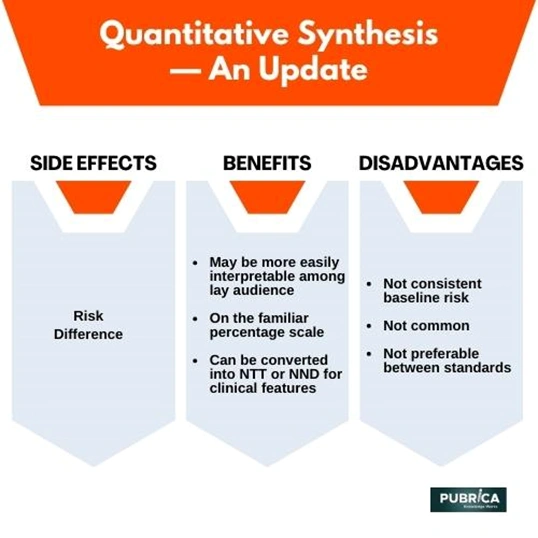- Services
- Discovery & Intelligence Services
- Publication Support Services
- Sample Work

Publication Support Service
- Editing & Translation
Editing and Translation Services
- Sample Work

Editing and Translation Service
- Research Services
- Sample Work

Research Services
- Physician Writing
- Sample Work

Physician Writing Service
- Statistical Analyses
- Sample Work

Statistical Analyses
- Data Collection
- AI and ML Services
- Research Impact
- Sample Work

Research Impact
- Medical & Scientific Communication
- Medico Legal Services
- Educational Content
- Industries
- Subjects
- About Us
- Academy
- Insights
- Get in Touch

- Services
- Discovery & Intelligence Services
- Publication Support Services
- Sample Work

Publication Support Service
- Editing & Translation
Editing and Translation Services
- Sample Work

Editing and Translation Service
- Research Services
- Sample Work

Research Services
- Physician Writing
- Sample Work

Physician Writing Service
- Statistical Analyses
- Sample Work

Statistical Analyses
- Data Collection
- AI and ML Services
- Research Impact
- Sample Work

Research Impact
- Medical & Scientific Communication
- Medico Legal Services
- Educational Content
- Industries
- Subjects
- About Us
- Academy
- Insights
- Get in Touch

Quantitative Synthesis
Quantitative synthesis, also known as meta-analysis, is frequently required for Comparative Effective Reviews (CERs) to offer scientifically rigorous summary data. The quantitative synthesis should be carried out transparently and consistently, with well-documented procedures. This guide offers practical advice on how to do synthesis. The guide is not designed to be a textbook on a meta-analysis or a complete examination of methodology but rather to give a consistent approach to circumstances and decisions that AHRQ Evidence-based Practice Centers (EPCs) frequently confront.
This research aims to update and combine quantitative synthesis guidelines from three earlier techniques guides. We primarily focus on comparative effectiveness evaluations (CERs), which are systematic review assessments that analyze the efficacy and risks of various clinical alternatives in order to assist physicians, policymakers, and patients in making informed treatment decisions. We concentrate on interventional research and do not cover diagnostic investigations, individual patient-level analysis, or observational studies, all of which are covered elsewhere.

Literature Search and Review
A medical research librarian collaborated with each subgroup to establish an appropriate search strategy for each chapter and then integrated these methods into a single overall search for all chapters. The librarian used descriptor and keyword strategies to identify quantitative synthesis methods research publications in the ARHQ SRC Methods Library, a bibliographic database curated by the SRC that currently contains over 16,000 citations of methodological works for systematic reviews and comparative effectiveness reviews (descriptor search=all quantitative synthesis descriptors, and the keyword search=quantitative synthesis, meta-anal*, meta-anal*, meta-regression in [anywhere field]). Search results were limited to the English language and 2009 and later to collect citations produced after AHRQ’s prior quantitative synthesis methodologies guidelines. Additional articles were discovered through recent systematic reviews, review and editorial reference lists, and the expert review process.
Consensus and Recommendations
It is critical for AHRQ methodologies recommendations to reach a consensus wherever feasible. In its first meeting, the workgroup recognized this significance and agreed on a process for informal consensus and conflict resolution. Disagreements were extensively addressed, and consensus was obtained wherever feasible. If no agreement is obtained, analytic possibilities are presented in the text. They did not use a formal voting mechanism to determine consensus.
Conclusion
At the biannual EPC Directors’ meeting in October 2016, a summary of the workgroup’s key conclusions and recommendations was circulated for comment by EPC Directors and AHRQ officers. In addition, prior to peer review, a full draft was distributed to EPC Directors and AHRQ executives, and the document was made available for public review. The team evaluated all comments in the final development of this report.
In conclusion, Pubrica assists in quantitative synthesis and continues to evolve and advance as a powerful tool for summarizing and synthesizing research findings. The use of IPD meta-analysis, Bayesian methods, and improved reporting standards are just a few examples of how the field is adapting and improving to provide more accurate and informative estimates of effect sizes (1).
Give yourself the academic edge today
Each order includes
- On-time delivery or your money back
- A fully qualified writer in your subject
- In-depth proofreading by our Quality Control Team
- 100% confidentiality, the work is never re-sold or published
- Standard 7-day amendment period
- A paper written to the standard ordered
- A detailed plagiarism report
- A comprehensive quality report


